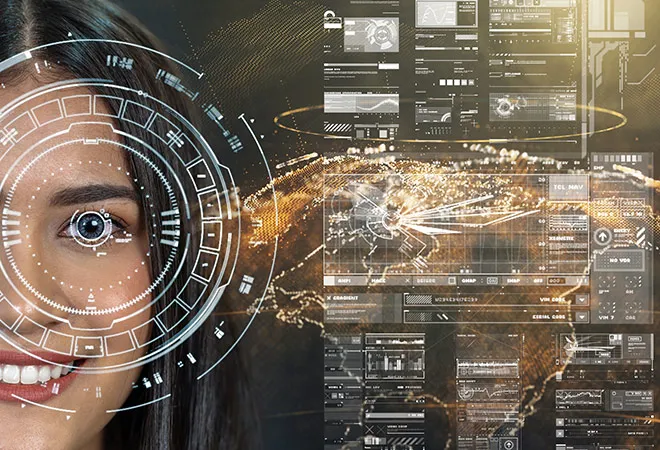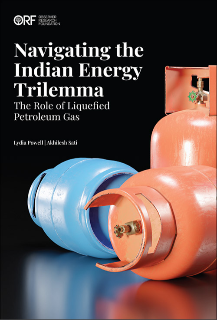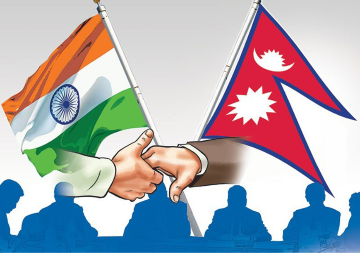
Does digital transition threaten democracy? Or does it deepen it?
In order to answer this question, it is necessary first to understand what it is that we are worried about. Few can claim that there is an existential threat to democracy itself; the concern is that the quality and nature of democratic deliberation and choice has been radically altered by the power of online debate and the ubiquity of online platforms.
The line between democracy and tyranny is thin. Majorities, even super-majorities, do not always choose wisely or well. This is why it has been more than two millennia since our first recorded experiments with democratic government: the form of democracy that has demonstrated longevity and strength is a diluted version. What we are now called on to defend is not democracy itself, but ‘liberal democracy,’ which constrains majority power, and representative democracy, which restricts voters’ options.
In its most basic form, the digital revolution cannot but be “democratic” in the simplest sense of the world. The internet connects people. It reduces the cost of conveying information from one person to another. This means that we could theoretically replicate the Agora of ancient Athens on millions of smartphones daily. This is a seductive vision: somewhere within us all is the assumption that direct democracy is the first and purest form of the model. Digital technology takes us closer to this ideal of universal voice and constant accountability. It seems impossible that these things can be bad.
However, unmediated voice is unsuited to today’s world. One merely has to look at the problematic recent consequences of direct democracy: the Brexit referendum, for example. The people can demand something through direct democracy that the complex modern world can simply fail to provide in any rational form. Representative democracy is in crisis in Britain today, thanks to the pull of direct democracy. This is in many ways analogous to the larger crisis that the digital age has forced on liberal institutions and deliberative dialogue.
Liberal institutions work only because they constrain the ‘will of the people’. They say to voters: no, you cannot make that choice, because it infringes something we consider basic to the functioning of society. Or they say, “no, you may want that now, but you did not in the past and you may not in the future, so you must be patient and prove you need it.” Representative democracy works by muffling the voice of the people. You choose someone who understands your interests to sit in a room with other people and work out a deal, and then you live with the consequences — which may not be exactly what you want.
Digital technology renders both these tasks more difficult. It amplifies the voice of ‘the people’ and deafens it. It renders their will overpowering. When this change meets the structures of liberal democracy, the consequence is division; paralysis, stalemate. What happens when ‘their people’ feel their will is being frustrated? The same society that gave us the word ‘democracy’ also gave us the word ‘demagogue’. The global rise of populists who claim to embody the will of the people today is not so hard to explain. It is an inevitable consequence of digitalised democracy. Most of them claim that through digital technology they can speak unfiltered, and express popular, subterranean views that elites have long sought to suppress. This claim depends, of course, on the conceit that the structure of the digital world does not by itself privilege certain kinds of speech, or certain majoritarian viewpoints.
It is, however, not obvious that this is necessarily a lasting trend. Since the earliest days of the internet, it has been understood that it introduces the ‘many-to-many’ form of information transmission, which may be mediated by social media or Wikipedia. This is distinct from ‘one-to-one’, like in a letter, or ‘one-to-many’, like in a newspaper. Sustained control of information transmission under these circumstances — crucial to the maintenance of autocratic power — is not easy. Nature abhors a vacuum, and the internet abhors consensus. In recent years, the fundamentally democratic nature of the digital transformation has been subverted to the service of majoritarian power. However, it is too soon to suppose that basic democratic character will not re-assert itself. The question of whether the digital world is democratic in its essential form must be answered separately from the question of whether it promotes democratic deliberation.
This essay originally appeared in Digital Debates — CyFy Journal 2019.
The views expressed above belong to the author(s). ORF research and analyses now available on Telegram! Click here to access our curated content — blogs, longforms and interviews.




 PREV
PREV


